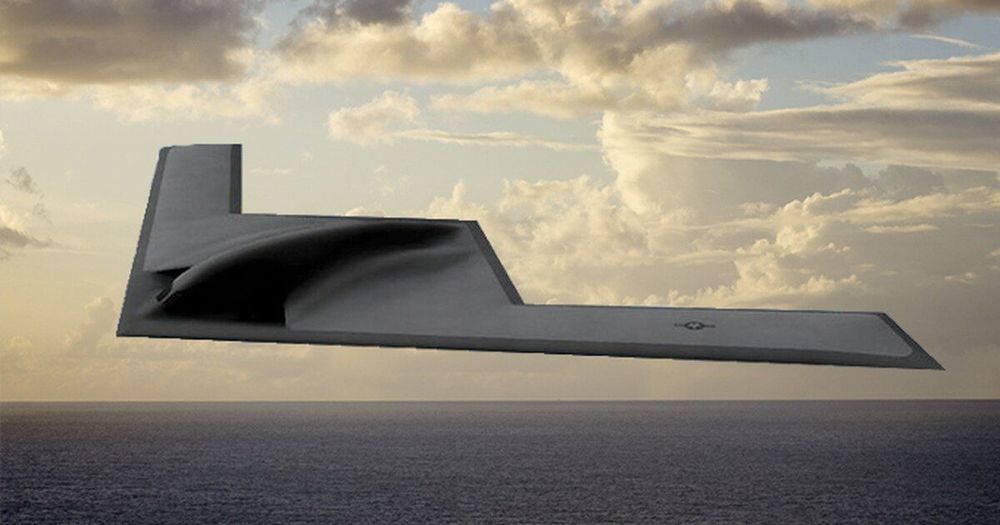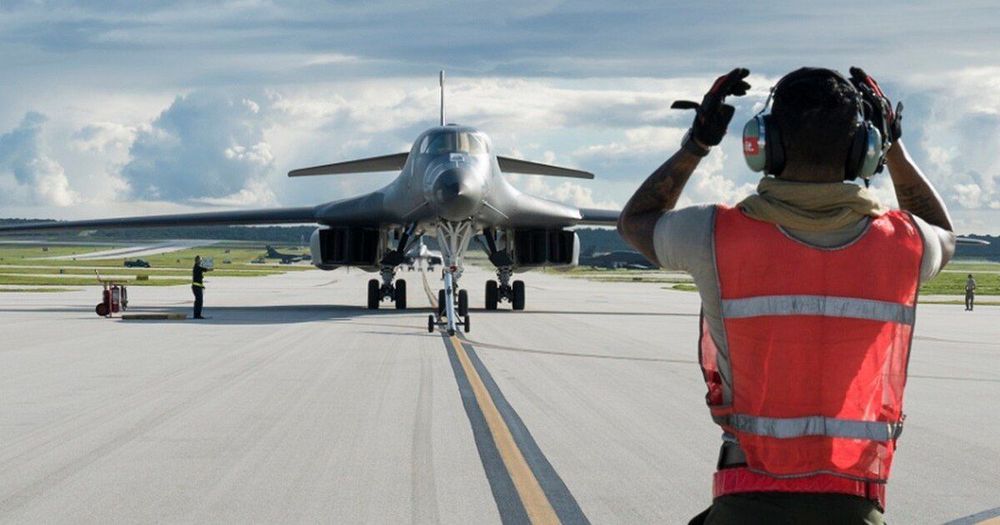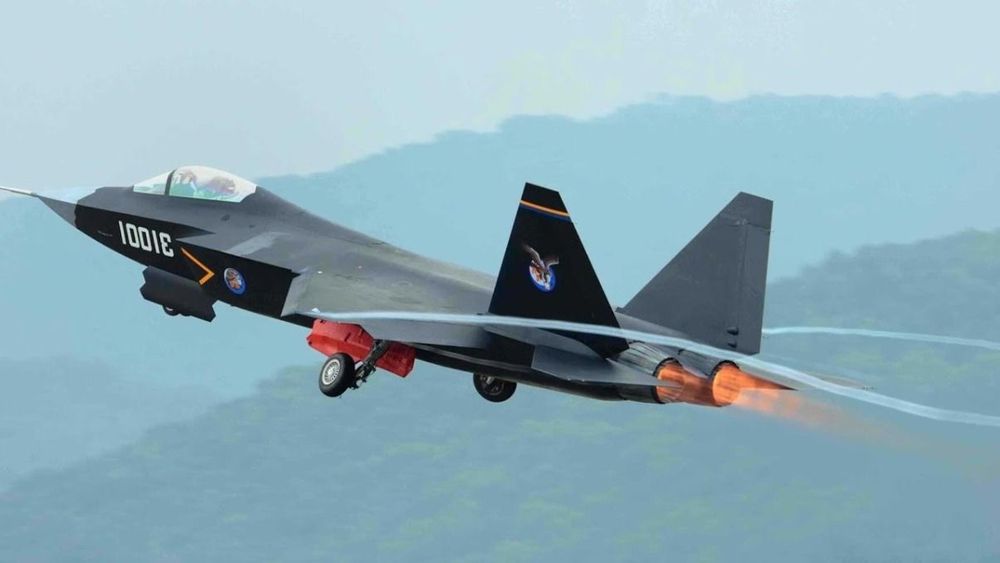Appropriate references can help observers determine the size of North Korean rockets with modest confidence. Using this method, the author has previously identified the unique North Korean SCUD-ER ballistic missile by establishing its body diameter at almost exact 1 meter instead of the common SCUD’s 0.88m width[1].
Images from recent parades and test firing of North Korean rockets have offered more opportunities for relatively accurate estimation of the rockets’ dimensions. In this analysis, the author will present findings on the dimension of the missiles/ mock-ups exhibited in the April 15, 2017 parade in North Korea. The findings would in turn shed light on the technological sophistication of these weapon systems.
The “new HS-10” .








